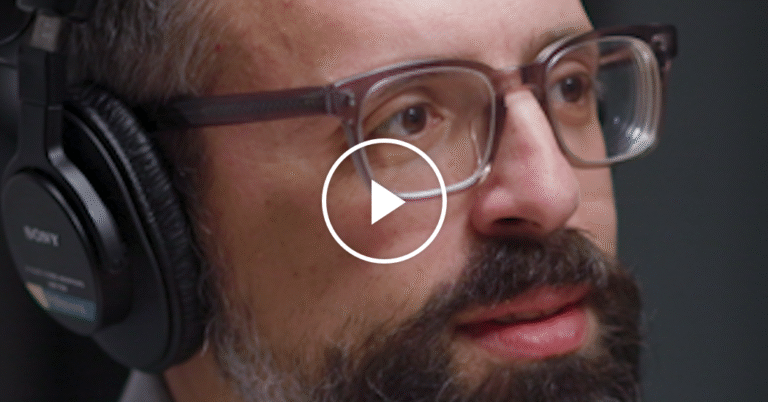You’ve done a lot of work over the years on how different issue attitudes, different ideas have changed for the working class, for other social classes in the country. Give me the high level of that. What’s happened over the past 20 years in people’s views? Yeah, well, I mean, I think there’s a perception among at least a lot of progressives that the working class has gotten so conservative on cultural issues. But that’s not true. Working-class people have gotten more progressive on virtually everything over the last 20 or 30 years. There are some exceptions to that starting to show, especially among Republican men, who are kind of moving away from some progressive positions around gender rights and family issues and L.G.B.T.Q. issues. But generally, yeah, you’re seeing clearer positive — progressive movement among working-class people. But the issue is that middle-class people and professionals have just gone way farther in the progressive direction on social and cultural issues over the last few decades than working-class people have. And so that’s creating this representation gap, where Democrats feel they need to really cater to the more progressive positions of the middle class and of the upper middle class. And that creates this perception that somehow the working class is reactionary. But no, they’ve actually been moving in the same direction, just not to the same degree. And when it comes to economic issues, here’s actually a coalitional story that’s really positive, potentially for Democrats, right. Which is that working-class people are quite progressive on many, many, many economic issues, particularly, like I said, the so-called predistributive issues, around things like union rights, things that affect your bargaining power or your place in the labor market. And so that’s things like your wage structure, that’s things like your capacity to get benefits or better working conditions. And it’s things like pensions and it’s things like that provide jobs for people of different kinds. And then redistribution is like, OK, well, after the labor market process has occurred, we’re going to take some money from those that are doing really well, and we’re going to give it to other people in the form of health care benefits, or in the form of education, or in the form of welfare or social insurance. So a $15 minimum wage is predistributive. — Absolutely. — An earned income tax credit would be redistributive. Exactly, and working-class people tend to like those predistributive policies a lot because they kind of tap into values of respect and dignity and status. It’s like I actually care about having a job. You can say that I’m going to get — I lose my job to A.I. or to automation or whatever. And then I’m going to get a universal basic income, even a high one. And then most people would say, many people would say: That’s OK. But like, what am I going to do? I’ve lost my status in society. I don’t have a job. That’s where I found my respect and that’s where I found my sense of meaning, or at least an important part of meaning in my life. And predistribution taps into that of maintaining your social status, maintaining your means of providing for your family. Whereas redistribution is often perceived as something that is sort of like a handout. It’s putting people in a vulnerable position in which they kind of feel like they’re the victim of something rather than the agent of their own futures.

